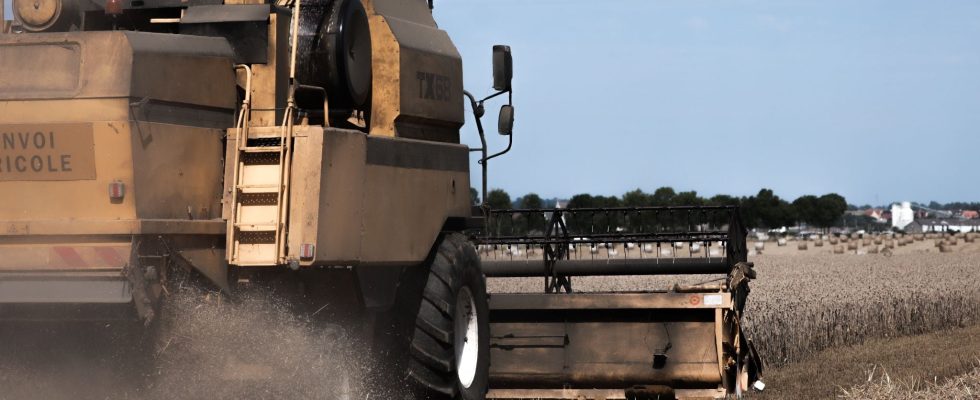The European Union wants to reassure its producers. On Wednesday March 20, member states and the European Parliament reached an agreement capping the quantities imported from certain products from Ukraine and exempt from customs duties. Because for many months, anger has been growing among European farmers who accuse the influx of Ukrainian products of lowering local prices, particularly in neighboring countries.
Among these “particularly sensitive” products are eggs, poultry, sugar, oats, corn and honey. Other products demanded by MEPs, such as wheat and barley, were nevertheless not included in the list. The Twenty-Seven had relaxed the rules for importing Ukrainian agricultural products as a measure of support for kyiv after the Russian invasion launched in February 2022. Ukraine is one of the main agricultural powers on the European continent.
The EU will renew this exemption from customs duties for Ukrainian products for one year. But it therefore combines “safeguard mechanisms” for sensitive products: thus, an “emergency brake” de facto caps the import volumes of these products at the average levels imported by the EU in 2022 and 2023. beyond that, customs duties will be reimposed.
Calming the anger of farmers
The issue of Ukrainian agricultural imports has particularly irritated in Poland, where disgruntled farmers have blocked border crossings with Ukraine in recent weeks, as well as in Germany. European farmers describe Ukrainian competition as “unfair”, since Ukrainian producers are not obliged to adhere to certain standards, particularly concerning the size of farms or the use of phytosanitary products.
To respond to concerns, the European Commission had proposed renewing the exemption from customs duties, but providing for “remedial measures” that could be quickly adopted in the event of “significant disruptions” in the market, including if this only concerned ‘a single Member State.
If the text is a victory for farmers, it is considered insufficient by certain MEPs, who notably wanted to calculate the reference period on the average of three years (2021-2023). Agricultural organizations criticized the fact that the cap proposed by Brussels corresponded to the high volumes of the last two years, at the origin of the crisis.
Wheat, at the center of attention because it is imported massively from Ukraine, is not affected by this emergency mechanism. But in final negotiations, “MEPs obtained from the Commission a firm commitment to act in the event of an increase in Ukrainian wheat imports”, specifies the Parliament. “At the same time, work is underway to allow Ukrainian agricultural products to find their original markets to which the conflict had somewhat closed access” in Africa and the Middle East, so that they do not remain blocked in Europe , a French government source insisted on Tuesday.
